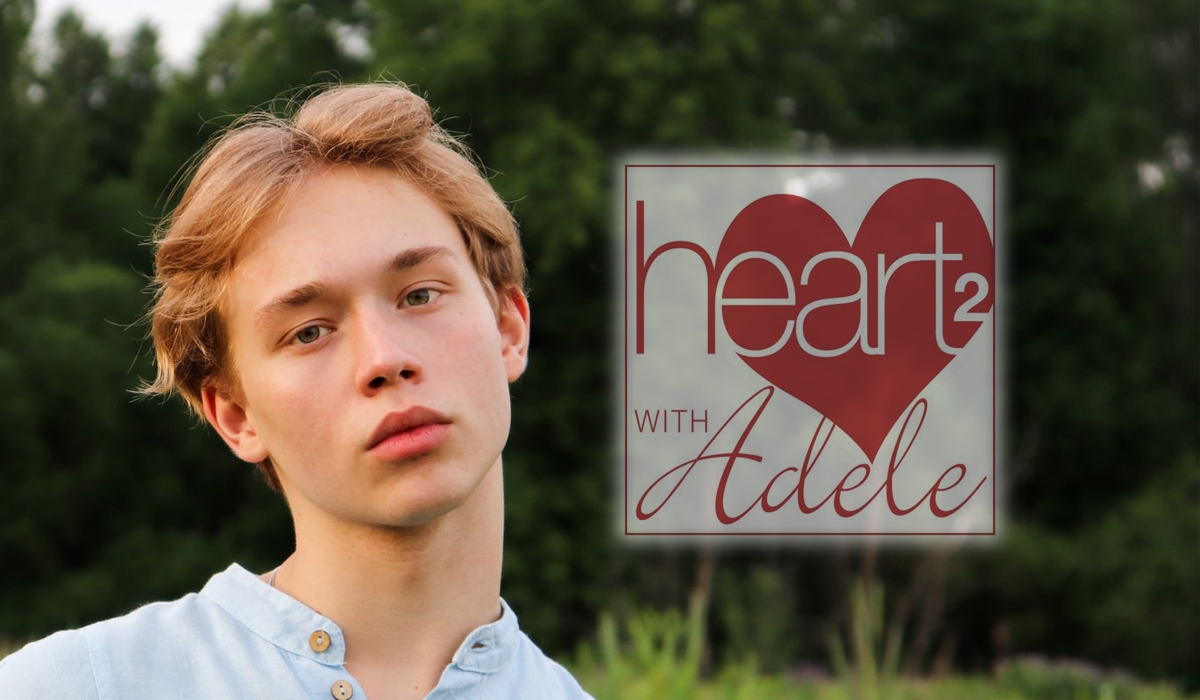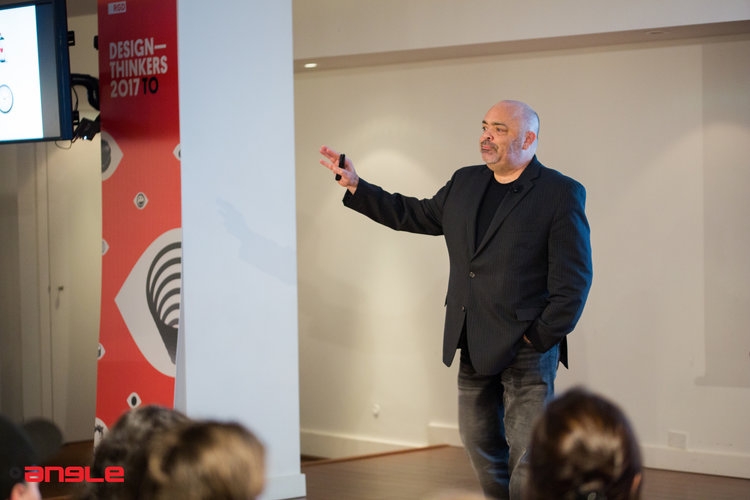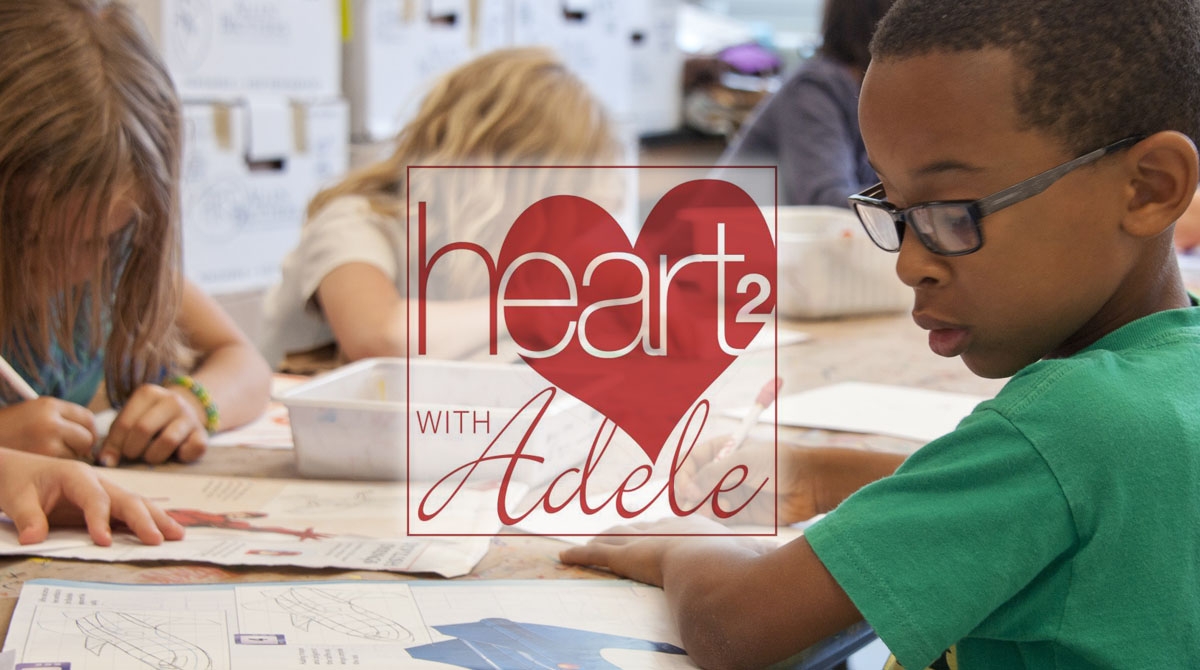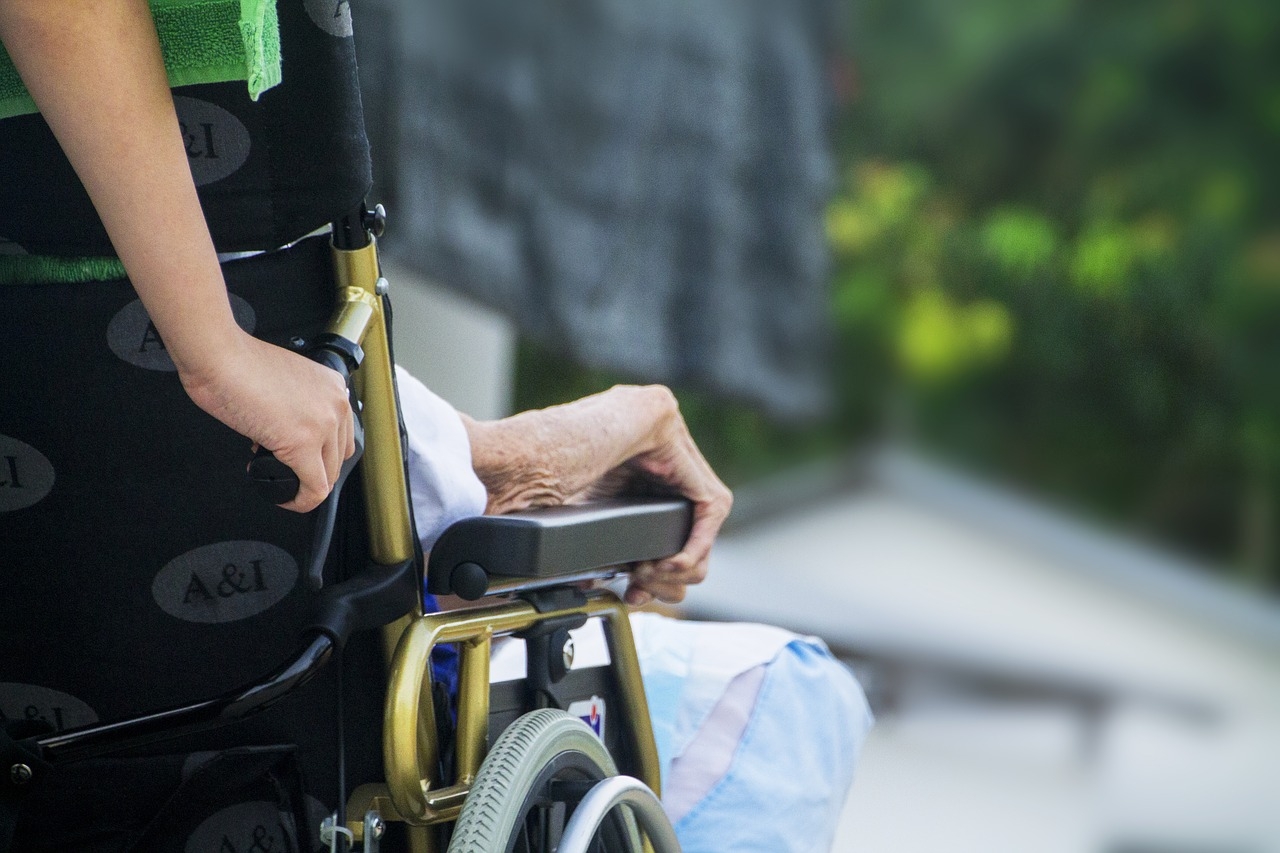
Not all lives are valued equally
Canada must appeal medical assistance in dying decision
If I – a young, healthy, white, non-disabled, mother of two, with a successful career and no criminal record – were to walk into a hospital and say, “I want to die,” I have every reason to believe that people would fight for me. I expect that I would be attached to mental health services and asked about the stressors in my life, my support system and my basic needs. I anticipate that doctors would think, “something is very wrong here,” and fight for my life. This is a privileged expectation.
The sad reality is that not all lives are valued equally; stereotypes and deep-seated discrimination get in the way. People with disabilities are marginalized in Canada.
Now, if a person with a “severe” disability were to walk into a hospital and say, “I want to die” — what would the reaction be? And what if this person were to be eligible for an assisted death? Would their desire to die be explained away by their disability – seen as natural or obvious? At the end of the day, would this person be fought for? I’m not as confident.
This is why I am deeply concerned about the Quebec Superior Court’s decision in the Truchon & Gladu case. On September 11, Justice Christine Baudouin found that the “reasonable foreseeability of natural death” criterion in Canada’s medical assistance in dying legislation to be unconstitutional. It was struck down for violating the section 7 and section 15 Charter rights of Jean Truchon and Nicole Gladu.
This decision centres on the finding that Canada’s objective: to “affirm the inherent and equal value of every person’s life and to avoid encouraging negative perceptions of the quality of life of persons who are elderly, ill or disabled” is invalid.
The end of life criterion acted as a true equalizer. It was the tool that ensured that people with disabilities would not die because they have a disability. Without it, there is a significant risk that Canada will hear the message that life with disability is a life worse than death. And there is a risk that this message will be internalized by others living with the same conditions.
Imagine for a minute that suffering associated with LGBTQ2S exclusion, or colonial oppression, or racism, could qualify other oppressed persons for an assisted death. There would be an outcry.
This is why, as a disability advocate, I am crying out.
The end of life criterion was an equalizer because everyone who could access medical assistance in dying had to share one common experience – that they were dying. And even with this protection in place, adversity seeped into the system.
People with disabilities died because they couldn’t access the services they needed to live good quality lives, and this was seen as acceptable, a “legitimate” use of the system. Sean Tagert, of British Columbia, shared that not having access to the 24-hour care he needed to live at home with ALS led him to die with medical assistance. Archie Rolland, of Quebec, chose death after being unable to successfully advocate for respectful and compassionate care in a long-term care facility.
Others were presented medical assistance in dying as an unsolicited option, because their disability related suffering was assumed to be so adverse that they must logically have wanted to die. Roger Foley, of Ontario, was offered medical assistance in dying, unprompted, when he was pleading for at-home care for his cerebellar ataxia. And Sheila Elson, of Newfoundland, was told that medical assistance in dying was an option for her daughter who has cerebral palsy and spina bifida.
People with disabilities already face tremendous adversity; we simply cannot allow a system where having a disability in and of itself becomes a justification to terminate life.

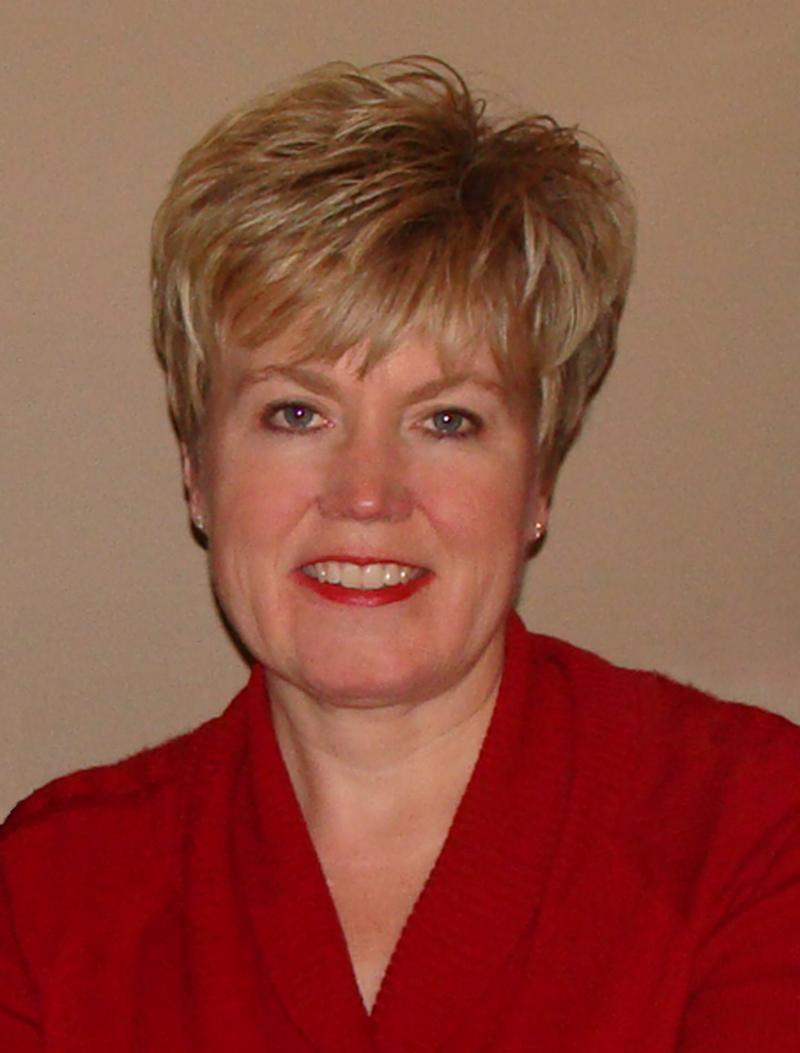 Krista Carr is the Executive Vice President of the Canadian Association for Community Living (CACL). CACL is a national federation of 13 provincial territorial associations, over 300 local associations and 40,000 members across Canada. Krista has spent the last 23 years of her life supporting people who have an intellectual or developmental disability and their families.
Krista Carr is the Executive Vice President of the Canadian Association for Community Living (CACL). CACL is a national federation of 13 provincial territorial associations, over 300 local associations and 40,000 members across Canada. Krista has spent the last 23 years of her life supporting people who have an intellectual or developmental disability and their families.